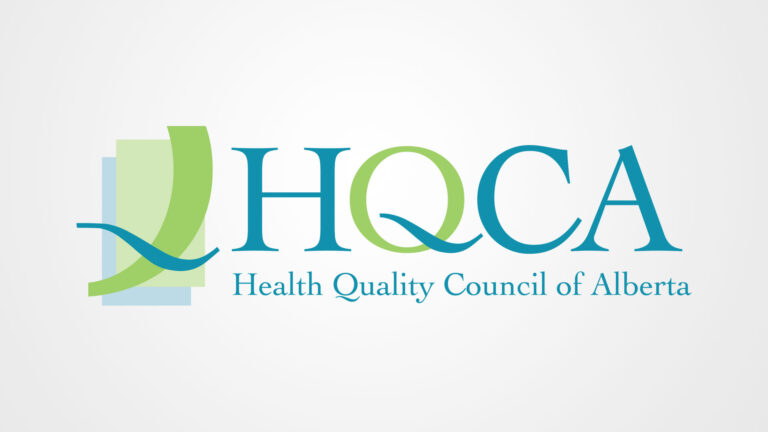The numbers are staggering.
In 2017, 687 people died of an apparent accidental opioid poisoning (overdose) in Alberta.
That’s an average of 1.9 Albertans per day.
And it’s a 23 per cent increase in the number of opioid-related deaths in 2016.
The 687 opioid-related deaths represent 75 per cent of the confirmed accidental drug and alcohol toxicity deaths in Alberta.
Because of these frightening statistics, the Government of Alberta created the Minister’s Opioid Emergency Response Commission (MOERC) in May of 2017. MOERC’S mission is to oversee and implement urgent coordinated actions on the opioid crisis in Alberta.
“This is a public health crisis and a top priority of the Alberta government,” said Dr. Kristin Klein, Deputy Medical Officer of Health and acting co-chair of MOERC. “We on the commission have been working hard to determine what steps Alberta needs to take to increase access to treatment, prevention, and harm reduction services to keep people alive.”
The commission is comprised of 14 members, appointed by the Minister of Health, who represent specific perspectives such as indigenous communities, clinical expertise, lived experience, and community service delivery. So far, the commission has made 26 recommendations to the Minister in response to the crisis.
“This work has been sobering because far too many Albertans are continuing to die from overdoses every day,” said Dr. Elaine Hyshka, assistant professor at the University of Alberta’s School of Public Health and co-chair of the commission. “The establishment of the commission has provided an important opportunity to introduce new, or scale up existing evidence-based harm reduction and treatment services in our province to help those most in need.”
“The urgency is crucial if we want to save lives.”
Among MOERC’s recommendations are to provide operational funding for supervised consumption services, increase the role of primary care in urgent opioid response, and enhance Alberta’s Take-Home Naloxone (THN) Program. Alberta’s THN program is one of the largest in the country, but the commission says more needs to be done.
Recently accepted by the province was MOERC’s recommendation to fund supervised injectable Opioid Agonist Therapy (siOAT) programs for acute care at emergency departments in Edmonton and Calgary hospitals. Hyshka says siOAT is intended for individuals who have not had success with other treatments and could help reduce illicit opioid consumption.
Currently, siOAT treatments are not widely available in Canada
“These are important opportunities for us to help people and families who are suffering,” said Hyshka. “This is the first time some of these harm reduction and treatment initiatives are rolling out in this province. These initiatives recognize that people who use drugs deserve health services to help keep them safe, healthy, and stable. Alberta is helping lead the way in Canada.”
MOERC also recognizes that pharmacists can play a key role in responding to the opioid crisis.
Statistics indicate that 66 per cent of Albertans who died from an accidental overdose of an opioid other than fentanyl had received an opioid medication from a community pharmacy in the 30 days prior to their death. And, among those who died from an accidental fentanyl overdose, 23 per cent had received an opioid medication from a community pharmacy within the previous 30 days.
In response to the crisis, the Alberta College of Pharmacists (ACP) Introduced new guidelines for assessment and monitoring individuals using opioid medications. ACP also joined the Urgent Opioid Response Coordinating Committee, which is responsible for coordinating the actions required to respond to the crisis, and identifying priority actions and interventions for consideration.
“We need to allow the system to respond to the crisis,” Urgent Opioid Response Coordinating Committee Chair Dean Blue told ACP Council in December.
“We need more health professionals providing treatment. We need to open this up to primary care. This isn’t specialty practice.”
ACP has also been a member of Alberta’s Naloxone Working Group since its inception, to support the development and implementation of MOERC’s Naloxone-specific recommendations, and to collaborate with other working groups to establish a streamlined approach to Naloxone distribution. This work includes quality assurance, kit eligibility criteria, and the approach for the purchase of kits. ACP has also updated its Naloxone Guidelines to make pharmacy technicians and pharmacy assistants eligible to train the public and distribute kits.
Alberta’s opioid crisis has affected so many individuals and families and it is not going away. With the support of pharmacy professionals across the province, MOERC hopes to reverse disturbing trends by reducing the number of Albertans dying each year because of accidental opioid overdoses.




